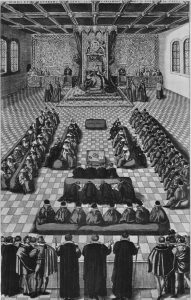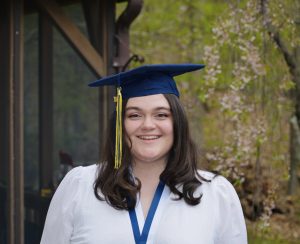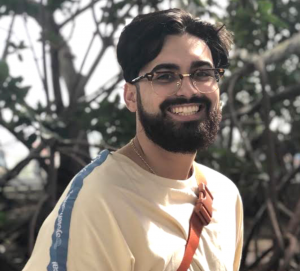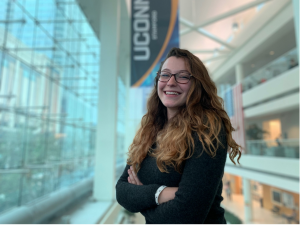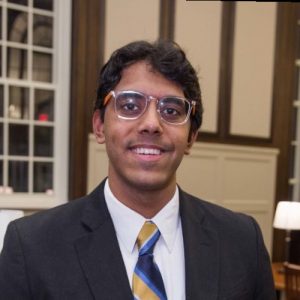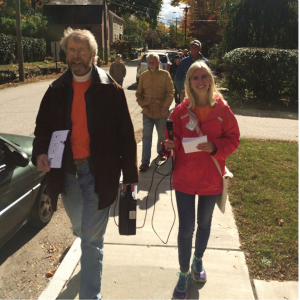 UConn ’21 graduate Michael Francomano worked with UConn History Professor Alexis Dudden on their senior thesis that explores the legal discourses around nuclear weapons in the twentieth century. A job well done!
UConn ’21 graduate Michael Francomano worked with UConn History Professor Alexis Dudden on their senior thesis that explores the legal discourses around nuclear weapons in the twentieth century. A job well done!
Michael Francomano, “The Influence of the United States on Nuclear Laws”
Thesis Advisor: Alexis Dudden
The United States government has influenced the laws surrounding the use of nuclear weapons from the moment of their first use against a civilian population in 1945. These efforts include countless measures taken to absolve the United States from responsibility for their actions. This is especially seen in the Marshall Islands where US government efforts to abjure legal responsibility to help those directly impacted by radioactive fallout resulting from weapons testing between 1945 and 1962 abound as do efforts to attend the natives that were completely displaced from their home islands destroyed in the name of nuclear testing. These actions span to current day warfare. In so doing, the United States government defies international laws prohibiting the use of nuclear weapons in war in the form of armor piercing rounds of munitions made out of depleted uranium (used as recently as 2015 in Syria). The legality of these weapons is something that remains a gray area in international law, and a major contributor to that is the fact that the United States has used its power and history with nuclear weapons to influence the creation of new precedents and disregard the laws that have already been in place.
